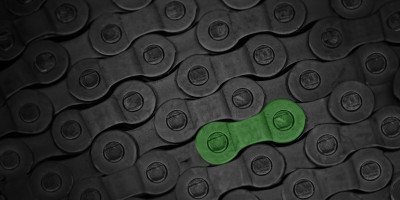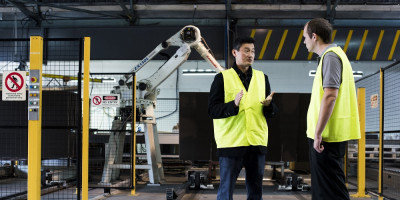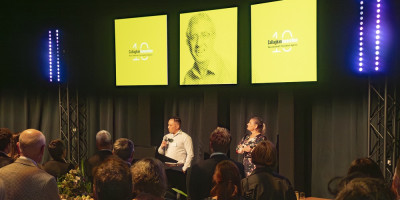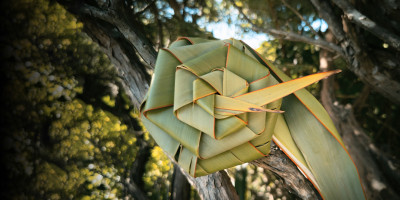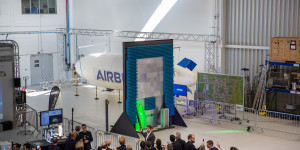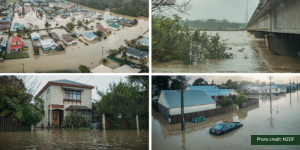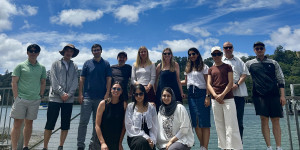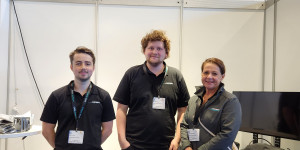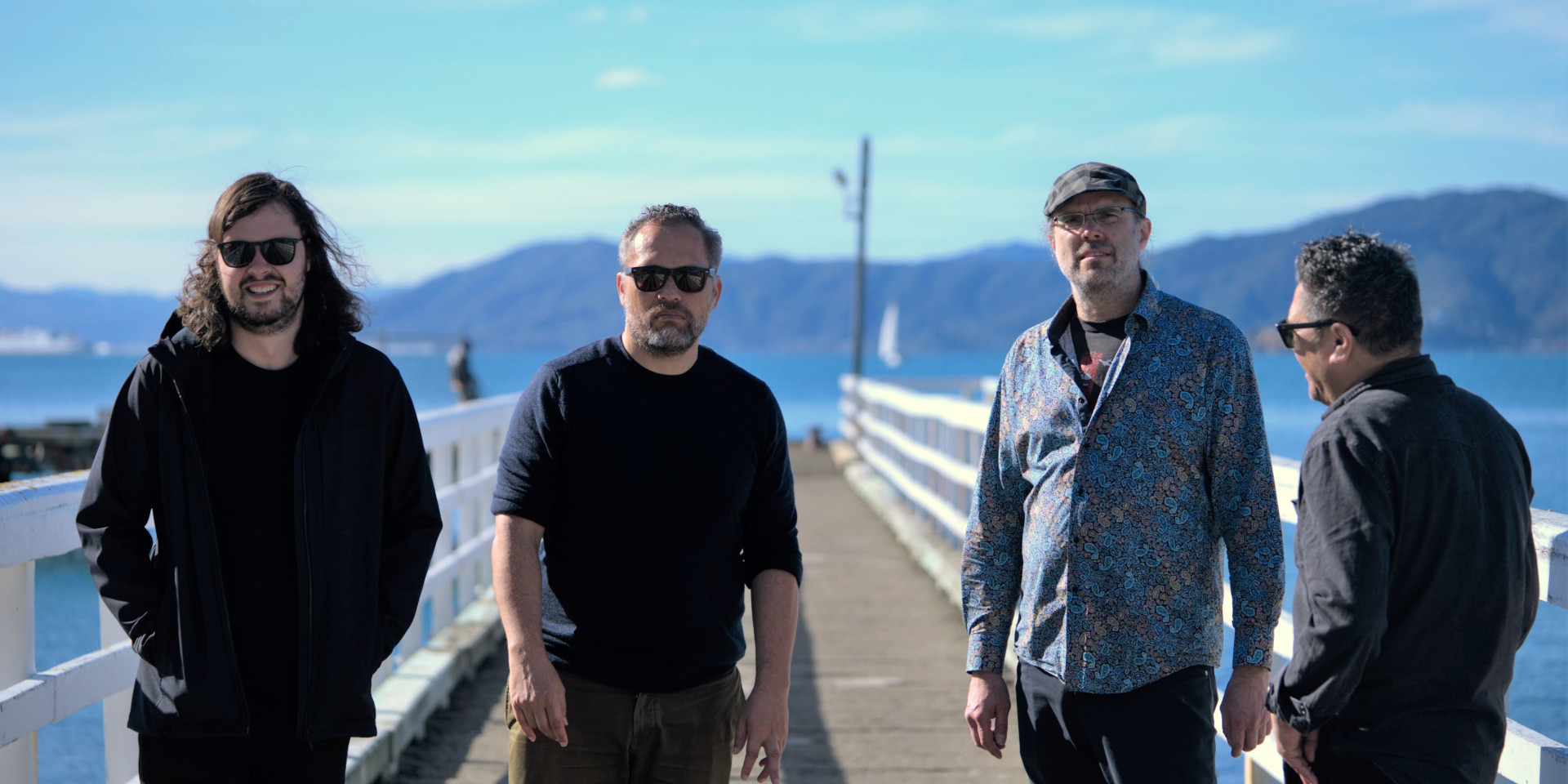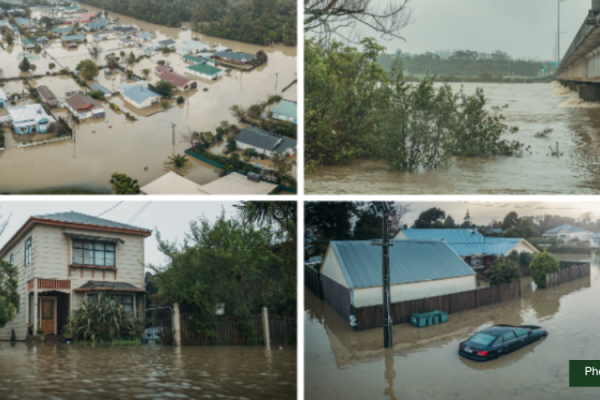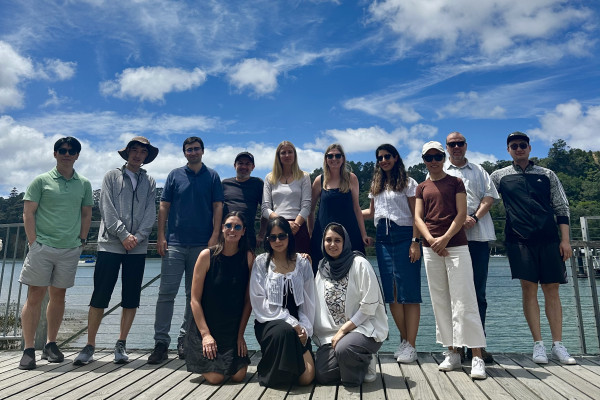Kia hiwa rā! Kia hiwa rā!
The NZ Hi-Tech Awards finalists have been named, and we are incredibly proud of the trails they are blazing!
In partnership with Poutama Trust, Callaghan Innovation is proud to once again sponsor the NZ Hi-Tech Kamupene Māori o te Tau – the Māori Company of the Year award.
Congratulations to finalists Blink Pay Global, Envico Technologies, and Kry10. All unique in their own way, and all making strides as Māori innovators to help make the world a better place.
At Wellington-based startup Kry10, they say 75 billion devices will be connected to the internet in the next five years.
While this will help make our machines and devices smarter and more efficient, it also opens the door to new and serious security risks, including potential attacks on the energy grid, electric cars and factories.
Kry10 aims to bring software scale, speed, and assurance to connected devices that are designed to solve real-world problems. Co-founder of Kry10 Mahi Paurini (Ngāti Tūwharetoa/Ngāti Raukawa), says industry is constantly challenged by the risk of cyber-attacks, and is concerned about system stability and recovery.
“Companies told us in the early days that they were concerned about hackers taking control of their critical systems,” says co-founder and VP of Alliances Jason Fox (Ngāruahine, Taranaki Whānui).
To address these concerns, the company developed the Kry10 Operating System (KOS), which takes advantage of recent innovations in hardware, software and communication networks. Their customers have a critical need for a better model for building, managing and extending applications to protect against cyberattacks. Kry10 has responded by creating an operating system that significantly improves the security of networked devices and machines.
"Linux became the go-to operating system because it enables users to move large amounts of data across machines quickly. However, for machines performing tasks that affect our everyday lives, connected to the cloud, the priority should be security and then performance,” says Fox.
And we’re doing it better than anyone in the world.
Kry10 delivers a modern platform, tools, and management services to help businesses realise the full potential of IoT and high-value connected devices. IoT stands for ‘Internet of Things' — devices that are connected to the Internet.
“The ability to automate, manage and mine data from IoT devices and operations can be a core driver of value and differentiation for business,” says VP of Engineering Kent McLeod (Ngāti Porou).
The Kry10 team is proud of their platform, which they believe is built on the most secure foundation, while also enabling the highest level of resilience and manageability to meet mission- critical needs. It’s so secure that clients that have approached Kry10 include the Federal Republic of Germany, which is working on the future of their industrial system, the US intelligence service, an Inuit tribe in Alaska, an Aboriginal group in Australia and their recent partnership with Rotomā and Te Arawa that is supporting efforts towards energy independence.
Mā te huruhuru ka rere te manu.
Adorned with feathers, the bird is able to fly. Kry10's goal is to provide the market with the tools to protect its digital systems so that society can prosper.
“It’s been a really big effort building this technology,” says Chief Operating Officer Lovina McMurchy (Ngāti Rongomai/Te Arawa) “But I think the breadth and the depth of the clients we get to work with is a testament to the varied need for improved security within our technologies. More and more devices are becoming mission-critical.”
Mission-critical devices are smart machines that the world relies on, such as energy grids, heart monitors, factory machines. Kry10 believes that in the future, cars will also be included in this list of internet-connected, mission-critical machines, and they’re ready to provide a solution for them too.
With kaitiakitanga (guardianship) as one of their core values, Kry10 incorporates mātauranga Māori into their technology through collaboration.
“In the beginning there was just Boyd and I,” says Paurini.
“Boyd (Multerer, Kry10 founder), introduced me to Kent, who had been Boyd’s liaison while navigating the intricacies of seL4. Kent was based in Sydney, which totally blew my mind.”
Here was a young Māori man from Ngāti Porou who was representing us at the highest levels of secure programming.
“And then I introduced Boyd to Jason who had already led his tribe in the corporate world. Then we met Lovina who was a general partner for Movac. So through a series of events, we provided the core team for Kry10’s beginning.”
“When I first arrived in New Zealand, I did not expect to find such a rich culture and talent pool,” says Multerer.
“I was amazed by the generosity of the indigenous culture and it reminded me of my childhood and exploring the antiquities of the land with my father. Local iwi embraced me, and I was fortunate enough to be supported by local Māori to achieve my vision. We joke that the combination of American creativity and Māori ingenuity is a good basis for showcasing the innovation New Zealand has to offer to the world.”
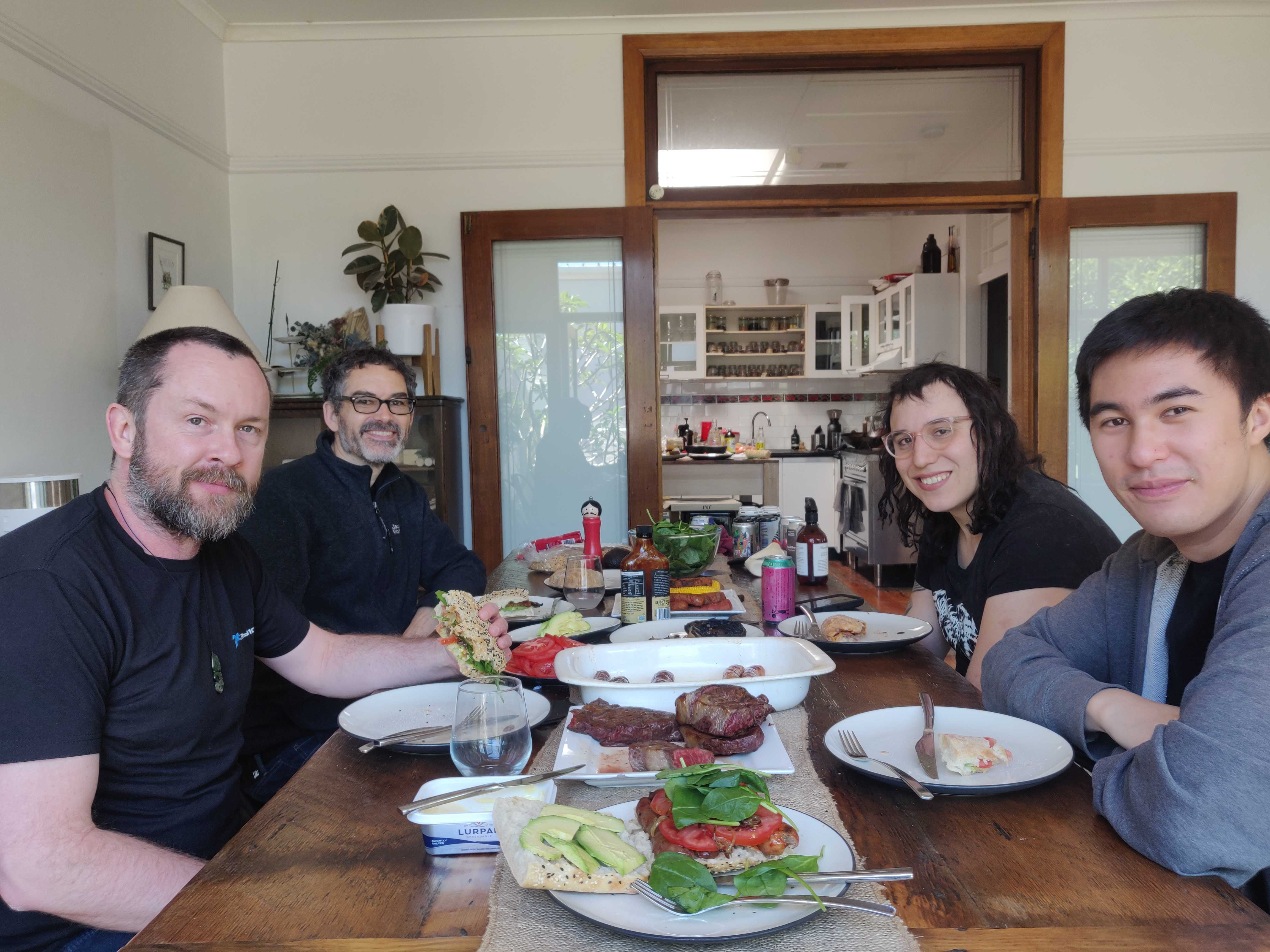
From left to right: Matt Brecknell, Ihor Kuz, Alison Felizzi and Damon Lee
Kry10 have found that legacy platforms (older technologies that are often too expensive to tear down and start again) have been a success-limiting factor for some clients because they usually rely on operating systems that are vulnerable to attacks and faults. However, legacy platforms also create a wero (challenge) that the team enjoys stepping up to.
“Nā tō rourou, nā tāku rourou ka ora ai te iwi. With your basket of knowledge, and my basket of knowledge, our people will thrive,” said Paurini, quoting the well-known whakataukī.
With a company name taken from the helpful service robot in the science fiction TV show “Red Dwarf”, the team at Kry10 admit they can be a bit geeky. However, with ‘service’ at the heart of what they do, they are committed to their global ambitions of making the world a smarter and safer place.
“We have a tech that is leading in the world,” says McMurchy.
“With it, we want to positively affect the day-to-day lives of as many people as we can. We want to make sure people don’t live in fear.”

